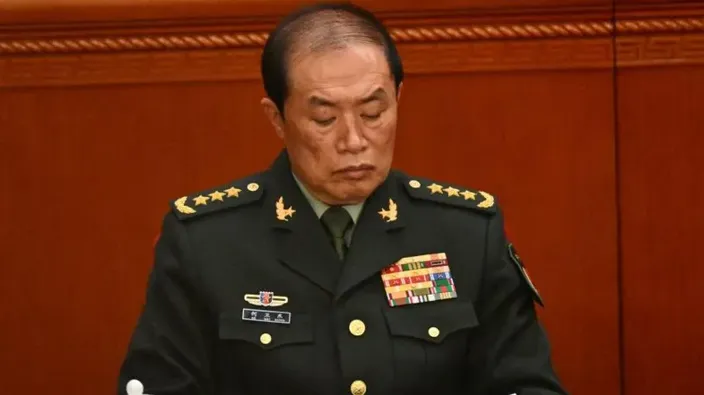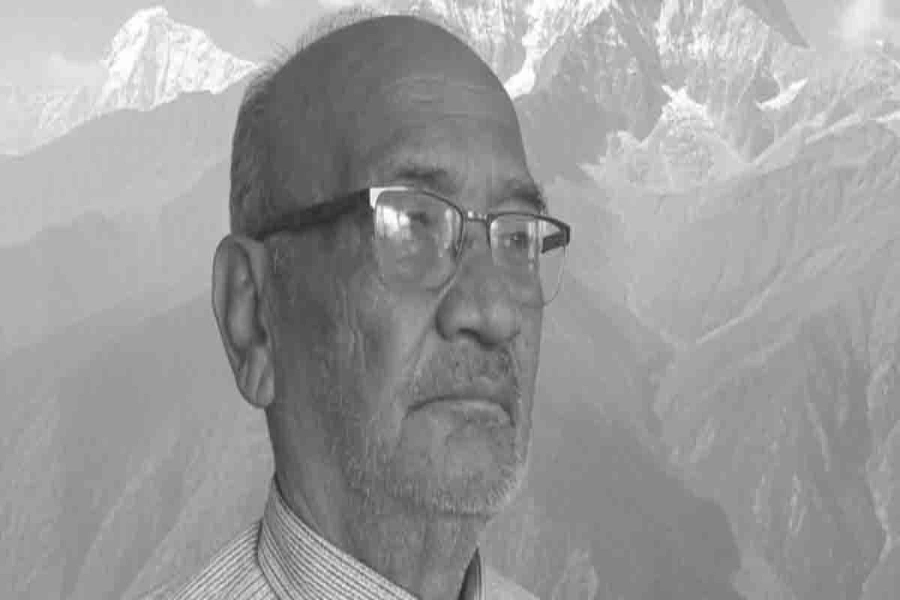The generals who believe that the army should be building national infrastructure should also know that honey-trap seduction is the most basic strategy in any military playbook
Betty Pack, the “greatest unsung heroine of the war” used her beauty, charm, intelligence and sex appeal to honey-trap men and steal secrets that would change the course of World War II. Working for the British agency MI6, she famously stole Italian Naval codes that gave the Allied powers significant tactical advantage in Africa.
In Nepal a different sort of honey trap (minus seductive women) is unfolding.
Nepal’s military has been honey trapped into believing that it is doing the country a great service, winning hearts and public support by taking on the task of building national infrastructure projects and investing in commercial activities. But just as the Italian Naval codes were stolen in the middle of a steaming love affair, Nepal Army may also come to discover that the display of support for their engagement is fake love that robs them of their credibility.
Nepal Army is perhaps the last remaining institution outside of government’s direct executive control that still commands public confidence. In the public eye, even the judiciary has become politicized to the point where it is not regarded as a credible check and balance to government’s executive authority.
As the communist makeover of Nepal enters its final phase, our future course may very well depend on what the army does.
What would Nepal’s military rather want: applause for having completed the fast-track to Kathmandu and revived failed industries; or to serve as a credible check and balance to executive authority that secures Nepal’s transition to a stable federal democracy?
The honey trap being laid for Nepali generals is the belief that they can do both.
Seduction of Printmaking II

Honey Trap
On 10th July, the Minister for Industries, Commerce and Supplies invited high ranking members of Nepal Army to discuss how the army could help revive defunct industries, such as Hetauda Textiles. The meeting concluded with the formation of a seven-member committee drawn from Nepal Army, government and experts to assess the feasibility and chart future course.
The meeting called by the minister wasn’t exactly unsolicited. Nepal Army has been eager to engage more directly in commercial activities. In the last few years of the monarchy, it contemplated the idea of an Army Development Bank. Since then it has dabbled with the prospect of investing in hydro power and industries. It was recently granted permission to buy tankers and supply fuel to Nepal Oil Corporation.
The generals left the meeting with the minister satisfied with themselves. They had been told the country needed their resources, skills and talent. This was the time for the army to be involved in building infrastructure and reviving industries to aid Nepal’s transition to a stable federal democracy. Why not, the generals may have asked?
Just before the Italian Naval codes were stolen, the man that Betty Pack had seduced may have looked into her beautiful eyes and wondered: “Why not. It is just an affair,after all.”
Seduction trap
Nepal Army is a wealthy institution. It reportedly has approximately $400 million in reserves, composed mainly of welfare funds. These funds do little except sit in commercial banks drawing low returns. For a long time, the army has been restlessly seeking better returns on its funds.
It is one thing to seek better returns, but altogether another to actively engage in building infrastructure and industries.The army has a legitimate right to seek higher returns. But for that, all they need are some good fund managers. They don’t need to buy oil tankers, build infrastructure or invest in reviving failed industries.
Around the world, armies do undertake infrastructure projects. But armies under civilian rule only engage in infrastructure when there is a clear strategic national interest involved, such as building roads and airports to secure supply lines.
Nepal Army has had a long history of building roads in Nepal, opening the first motorable road linking Kathmandu with the plains in the mid-1900s. Since then it has built approximately 1,500 km of roads into remote parts of Nepal. Last year alone, the army reportedly spent 1.5 billion rupees building 150 km of roads around the country.
Nepal’s flagship road project, the Kathmandu-Tarai fast-track featuring 72 kilo-meters (kms) of four lane expressway that includes 1.3 kms twin tube tunnels and several high bridges, has also been awarded to Nepal Army to construct. That award appeared to have little to do with strategic defence considerations.
Speaking to his troops on Nepal Army Day earlier this year, Chief of Armed Services spoke proudly of taking on the “national pride” Kathmandu–Tarai expressway.
“This is the right time to show the Nepali people the exemplary work of completing it in time. We have taken this as an opportunity. Nepal Army had not demanded this project, nor does it. This is the result of the trust and confidence of the government and Nepali people towards the Army,” he said.
Just before Betty Pack betrayed those that she seduced, the men were always entirely certain that she was absolutely in love with them.
The betrayal
Why is it that the army appears better suited for building challenging infrastructure projects and reviving industries than civilian entities? It isn’t because the army has better technical, managerial or financial capabilities. It isn’t because there is visible corruption in civilian contracting.
It is primarily because the army is above reproach. It is easy to charge civilian contractors with corruption. It is difficult to even demand transparency from the army. It is easy for stakeholder to protest civilian contractors and hurl bottle bombs into project offices. But, if you hurl bottle bombs into army project offices, you risk a bullet to your head. Only fools picket against projects led by the army.
The failure of the civilian segment to successfully complete projects, revive industries or invest in growth is a broader political-economy problem that reflects challenges on policy, corruption, rule of law, vested interest, political interference and many other issues. When the army hands over a sparkling four lane fast-track expressway, it won’t have solved any of those political economy problems.
As the army takes on more of the “national pride” projects, invests in reviving failed industries, buys oil tankers and broadens its commercial engagements, it risks getting mired deeper and deeper into civilian problems. It will have to address endless concerns of stakeholders, answer up to the demands for bribes, put up with lengthy delays in approvals and soak in the political interference in much the same way that discredits civilian entities. At that point, it is unlikely that the army can emerge without a tarnished reputation.
With the army entangled in civilian issues, it may not be too long before someone summons the courage to march against the army’s failings. And it won’t matter if those failings are real or perceived.
This is where the generals may regret having been seduced. As tantalizing as it may be to appear like a hero showing people exemplary work completed in time or reviving failed industries, the risks of the army being discredited are simply far too high.
Let civilians fix their civilian mess.
bishal_thapa@hotmail.com





































